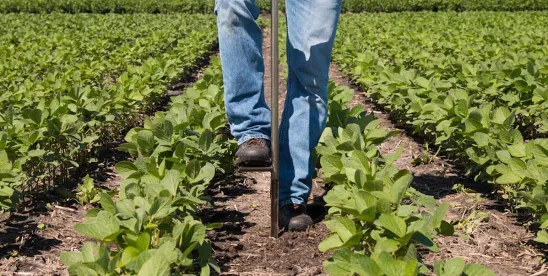The American Immigration Council (AIC) recently published a special report, The Expanding Role of H-2A Workers in U.S. Agriculture, analyzing U.S. Department of Labor data to show increasing reliance on certified H-2A workers in American food production.
Key Points:
- The H-2A visa program (a.k.a. the Temporary Agriculture Worker Program) allows U.S. employers facing a domestic worker shortage to hire foreign nationals for temporary or seasonal agricultural jobs.
- Certified H-2A workers (those requested by employers and certified by the Department of Labor) grew from 224,965 in 2017 to 370,628 in 2022 — an increase of 64.7%.
- Following are highlights from the report’s findings:
- In recent years, about 80% of certified H-2A jobs have resulted in visas (both the employer and worker must complete the U.S. Citizenship and Immigration Services approval process before employment can begin in the U.S.).
- Fruit- and vegetable-producing states had the highest number of certified H-2A workers in 2022 with Florida, California, Georgia, Washington and North Carolina ranking in the top five in descending order.
- The U.S. has experienced a significant shift in agricultural practices requiring more manual labor than mechanized farming.
- The hourly wage for H-2A workers increased from $13.65 per hour to $14.46 per hour between 2017 and 2022.
- Counties with the largest number of certified H-2A workers are often in some of the hottest regions in the country and 13.7% of H-2A workers are required to work during months when the local temperature exceeds 90°F (32°C).
Additional Information: Established in 1987, the AIC is the public policy advocacy partner of the American Immigration Lawyers Association, collaborating with diverse stakeholders including policymakers, grassroots organizations and immigrant communities to advance results-driven solutions to the challenges facing immigrants and communities throughout the United States.
BAL Analysis: The AIC report’s findings highlight the significant impact of H-2A workers on the agricultural sector, their role in keeping U.S. farms running and the urgent issues H-2A workers face. The U.S. Department of Labor finalized the Farmworker Protection Rule in April including protections that increase transparency in the application process, allow workers to engage in collective action, establish standards for termination and prohibit employers from withholding workers’ passports and immigration documents. The rule is scheduled to take effect on June 28.




 />i
/>i
